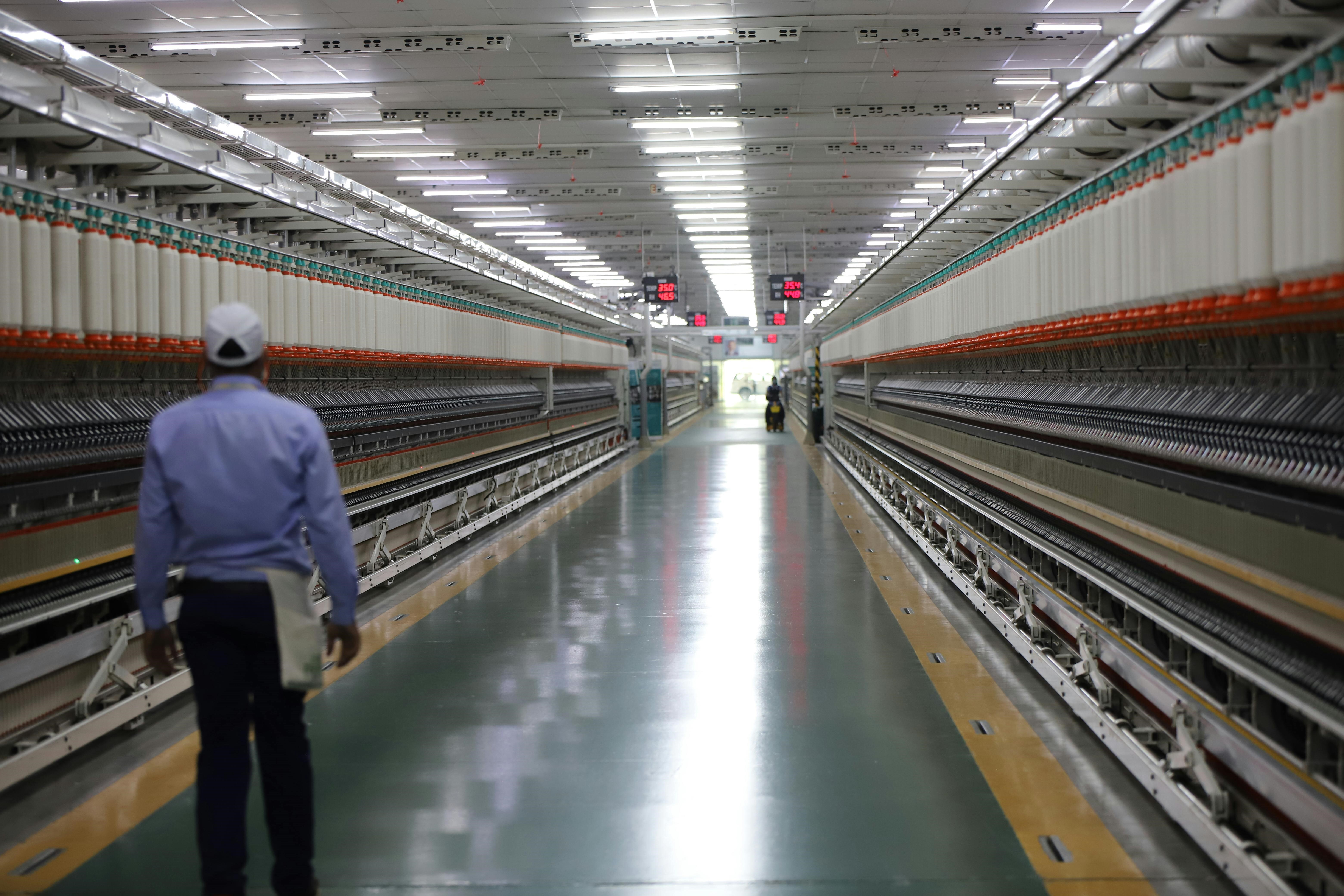

EEPC India, the apex body promoting engineering exports, has urged the government to ensure that crucial steel and aluminium products, particularly those produced by micro, small, and medium enterprises (MSMEs), are included in the bilateral trade agreement (BTA) currently being negotiated with the United States.

At the same time, the organisation has recommended that the existing tariff framework be retained in the country’s ongoing trade discussions with the European Union (EU). These recommendations have been officially presented to the government’s free trade agreement (FTA) negotiating teams to highlight the concerns of exporters.
The EEPC India Chairman, Pankaj Chadha, has highlighted the 50 per cent import duty imposed by the United States under Section 232 has significantly affected engineering exports. He pointed out that 50 per cent tariff by the US increases tariff differential with competitors to an average of 30 per cent, turning India less competitive in the US market. To address this gap, Chadha has proposed an exclusive support mechanism that could at least offset 15 per cent of the tariff disadvantage. Such a measure, he added, would help domestic exporters maintain their foothold in the market.
Must read: Key industry individuals share their thoughts on trending topics
Turning to the European Union, Chadha raised alarm over the bloc’s recent proposal to tighten import quotas while raising out-of-quota tariffs to as much as 50 per cent. He noted that exporters are already struggling with the existing restrictions, as their shipment volumes far exceed the current quota levels. According to him, it would be in India’s interest to retain both quota limits and out-of-quota tariffs unchanged until a broader resolution is reached under the India-EU FTA framework. He added that any tariff reductions should be implemented gradually once the agreement takes effect.
Addressing the issue of the EU’s Tariff Rate Quota (TRQ), Chadha sought an exemption for stainless steel long products due to their significant MSME involvement and strategic role in engineering exports. For other categories, EEPC India has suggested that quota levels be increased and that out-of-quota duties remain capped at 25 per cent, with a gradual phase-out over five to six years.
Don't miss out- Buyers are looking for your products on our B2B platform
Responses








